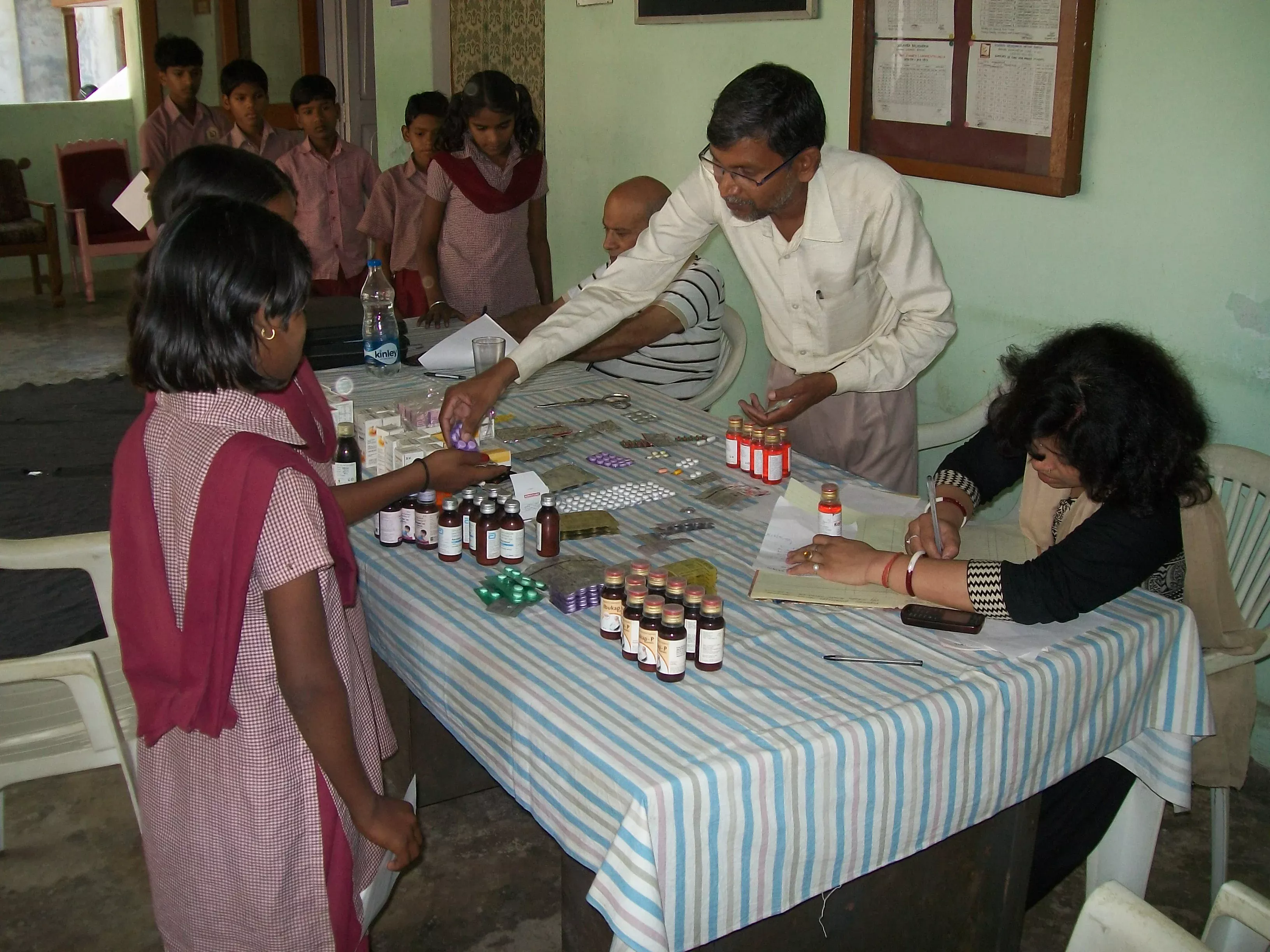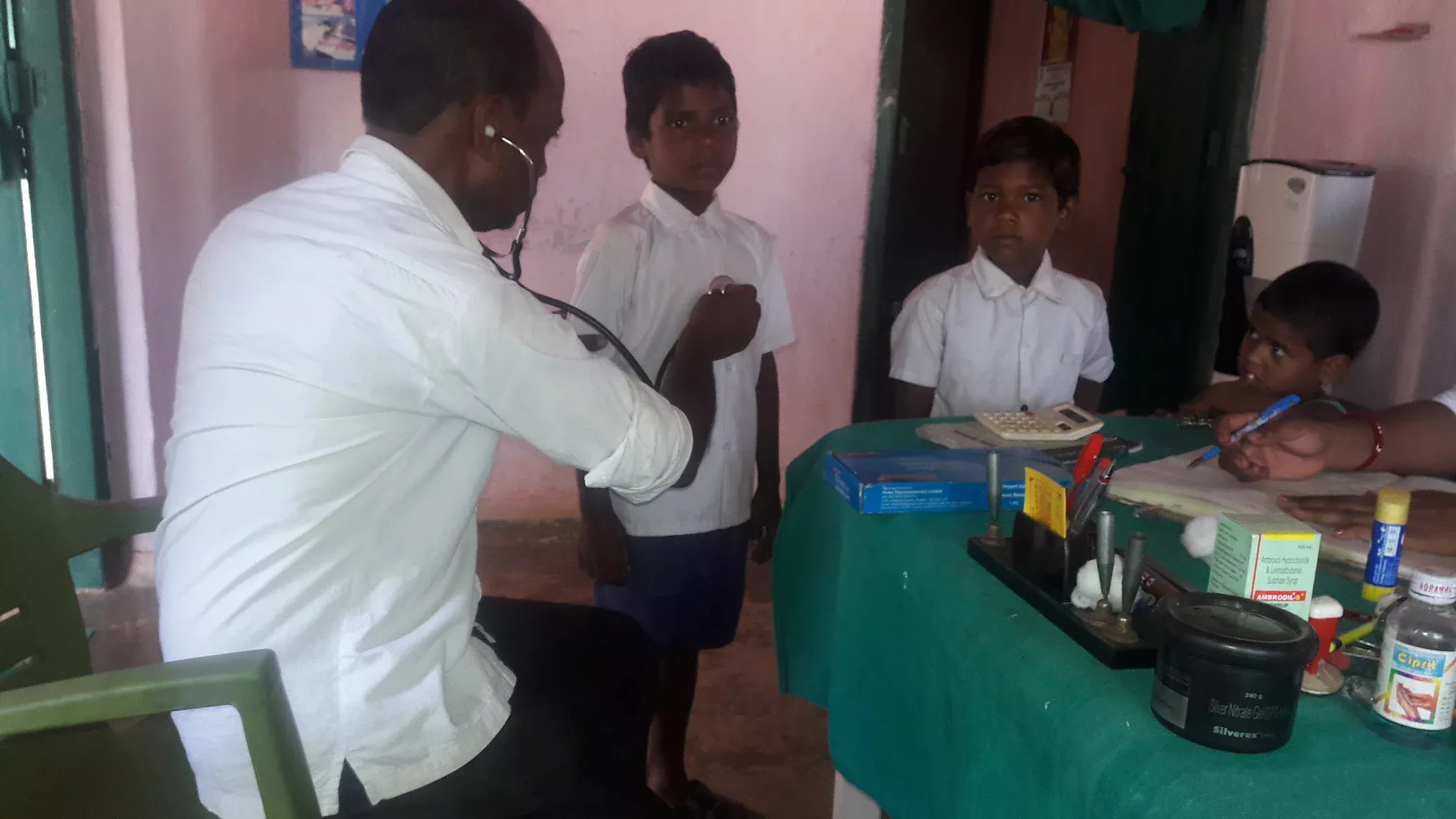IGEP's Contributions Related to Health
IGEP's work intersects with healthcare and public health through occupational health and safety enforcement, supply chain audits, health education workshops, and support for underserved communities. For example "The Little Keb School" provides preventive health care, nutritious meals, and essential supplies to the underpriviliged section of the society.
Importance and Impact
- Improves worker health and productivity by ensuring safe workplaces and health camps
- Bridges healthcare and nutrition gaps for vulnerable children in slums and underprivileged areas
- Raises labor and health standards across industries through audits
- Promotes preventive health through hygiene and environmental awareness
Challenges and Limitations
While IGEP makes valuable health contributions, it is not a health-specialist body. Its scope is limited, with episodic interventions requiring partnerships for sustained access to healthcare. Measuring long-term health outcomes and resource constraints also pose challenges.
How IGEP Works for Enhancing Impact
- Developing partnerships with healthcare institutions and community organizations
- Expanding regular health education programs with community health workers or peer educators
- Implementing systems for monitoring and evaluation of health outcomes to improve strategies
- Focus on preventive public health issues like sanitation, clean water, nutrition and maternal / child health
- Leverage digital tools such as mHealth apps and SMS alerts for health tips and emergency responses
Way Forward
Although not primarily a health organization, IGEP's work in workplace safety, hygiene, awareness, and services to underserved communities meaningfully impacts public health. Strategic partnerships, sustained programs, and stronger monitoring can further expand this positive impact.



